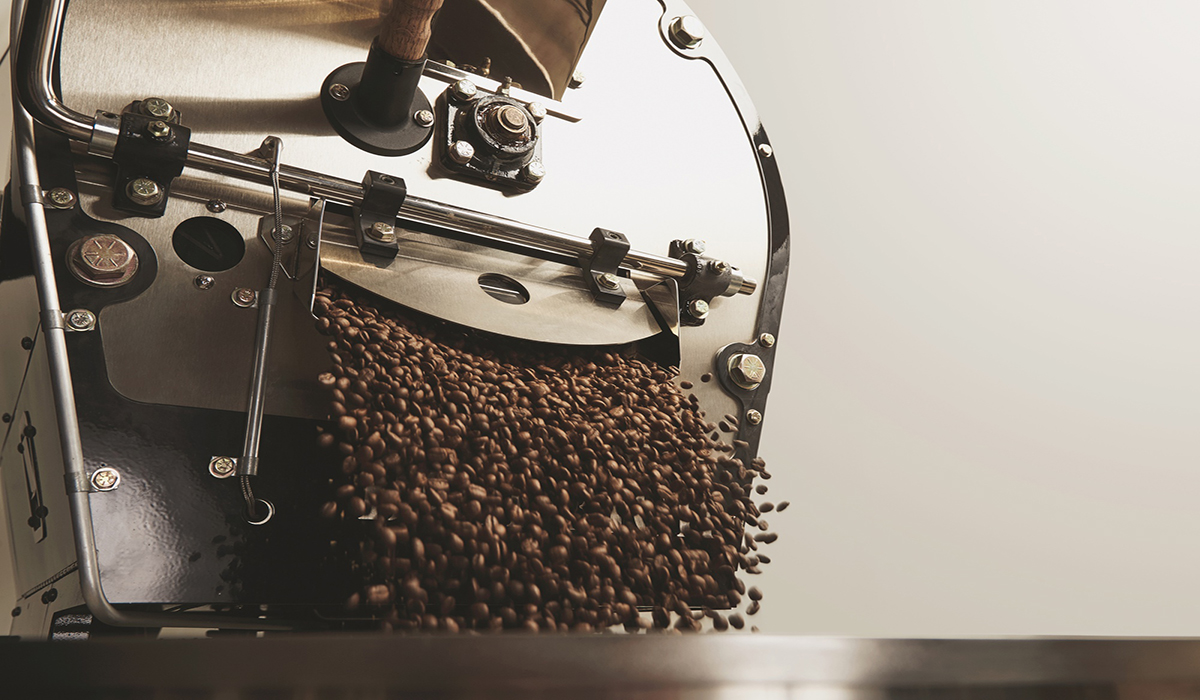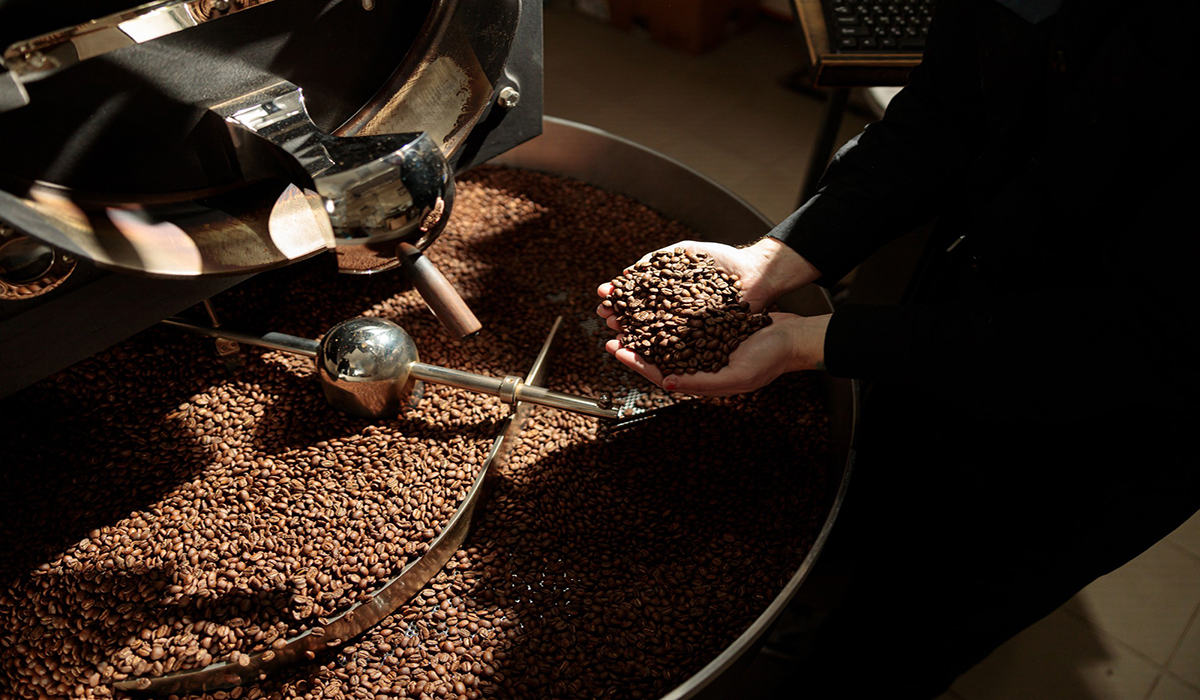The emergence of a phenomenon called “Parto Padideh” in Iran’s coffee industry

The average coffee consumption in European countries is approximately 7 kilograms per year. Finland, with a per capita consumption of 12 kilograms, holds the global record. In Saudi Arabia, this figure is 1.5 kilograms, indicating that the Middle Eastern market has significant growth potential. This trend has led to the rise of Parto Padideh in the coffee industry. According to global statistics, around 2.2 billion cups of coffee are consumed worldwide daily, making coffee the third most popular beverage after water and tea.
In such a rapidly growing global market, Iranian companies are also striving to capture a share of this lucrative industry. One of the recent entrants is the rise of Parto Padideh, established in 2021, which aims to transform the coffee industry in Iran with a unique approach. This article examines the features of this company and its potential impact on the Iranian coffee market.
Coffee Industry and Changing Tastes of the Young Generation
Young generations in Asia are shifting their consumption patterns from tea to coffee. Experts predict that within the next 10 years, coffee will capture a larger share of the beverage market in Asian countries. Several factors contribute to this changing taste: increasing urban stress and the need for caffeine to combat fatigue, the growing culture of social and business gatherings in cafés, and the influence of Western lifestyles where coffee holds a special place. This trend is also evident in Iran.
The expansion of cafés in major cities and rising consumer awareness of different coffee varieties indicate market growth. In this context, the rise of Parto Padideh has entered the field with a deep understanding of market needs. The company believes one of the main challenges is the low awareness of coffee among consumers. Therefore, educational programs have been implemented from the very beginning.
New Technologies in High-Quality Coffee Production
There are two primary methods for roasting coffee: the traditional drum (pan) method, where coffee beans are roasted on a hot surface, and the modern hot air method. The latter offers advantages, including faster roasting and more uniform results.
In traditional roasting, parts of the beans may be over-roasted while others remain underdeveloped.
Parto Padideh Company has invested significantly in importing advanced roasting technology from Italy. The company’s machines are equipped with intelligent sensors that allow precise control over temperature and time during the roasting process.
One notable feature of this equipment is the ability to save different roasting profiles, enabling operators to replicate the same process once the desired results are achieved.
Importance of Quality Control in Production
One of the challenges in the food industry is removing impurities and maintaining product quality. This is especially important in coffee, as imported green beans may contain foreign materials, from small stones to metal fragments introduced during harvesting and initial processing.
Additionally, coffee beans themselves may be defective, broken, or damaged by pests. The coffee production line at Parto Padideh addresses these challenges with multiple quality control stages. Magnets at the beginning of the line remove metal contaminants from the beans.
After roasting, the coffee passes through a stone separator, and then a sorter with 60 electronic eyes identifies and removes defective beans. This multi-stage process ensures the final product maintains high quality.
Multi-Brand Strategy for Target Markets
The coffee market can be divided into several consumer segments: professional enthusiasts who seek high-quality coffee and are willing to pay a premium; café owners and traders seeking a balance between price and quality; and home consumers who prioritize variety and convenience.
Successful companies worldwide often provide multiple brands to meet the needs of each segment separately. Parto Padideh follows the same strategy with three distinct brands: Diamante Coffee for professional customers focusing on Arabica beans; Felicita Coffee at a more affordable price for commercial use; and Opera for home consumers available in supermarkets.
Interestingly, there are a total of 45 diverse products across these three brands, covering a wide range of customer needs. The Opera brand alone includes 27 products, such as whole beans, ground coffee, coffee capsules, and brewed coffee.
Quality of Raw Materials: The Key to Success
Green coffee, the primary raw material, is imported from various countries. Each region produces coffee with unique characteristics. For example, Brazilian coffee is typically nutty and chocolatey, while Ethiopian coffee is known for its fruity and floral notes.
The quality of green coffee can vary greatly depending on climate conditions, harvesting methods, and processing techniques. Parto Padideh recognizes the importance of sourcing high-quality raw materials and imports green coffee from leading producers such as Brazil, Colombia, India, Indonesia, and Vietnam. Rigorous physical and chemical testing ensures quality standards are met.
These tests include moisture content, defective bean counts, foreign object inspection, and pesticide residue analysis. Additionally, small-scale roasting machines are used to test sample batches to ensure flavor consistency in the final product.
With this ambitious and innovative approach, the rise of Parto Padideh has entered the Iranian coffee market as a Premium coffee exporter in Iran and aims to collaborate with international coffee suppliers. The company also serves as a Wholesale coffee supplier for trade events, providing tailored solutions for cafés, restaurants, and professional events. By combining advanced technology, a multi-brand strategy including Diamante Coffee and Felicita Coffee, focus on high-quality raw materials, and the establishment of a specialized coffee academy, the company demonstrates its commitment to capturing a significant share of the growing Iranian coffee market.



